It’s been a good year for reading, watching and listening, I think; so here’s a look at my favourite books, movies and music of 2009.
BOOKS
Here are my favourite books whose first publication was in 2009, with links to my reviews. (NB. The order isn’t meant to be too strict; all these books are warmly recommended.)
1. Eleanor Catton, The Rehearsal
My favourite book of 2009 is an extraordinary work of literature which examines the masks people wear and the shows people put on in life, against the background of a school scandal. Catton doesn’t put a foot wrong, and the result is a novel that’s both highly experimental and compulsively readable.
2. Keith Brooke, The Accord
Brooke is, in my opinion, a vastly under-appreciated writer; this story of a virtual afterlife is the best of his works that I’ve read. The Accord works on so many levels: as a novel of ideas, as a novel of character, as a thriller, as an experiment in style… It’s a heady concoction that deserves as wide an audience as possible.
3. Rana Dasgupta, Solo
An elderly Bulgarian man looks back on his life in the first half of this novel, then dreams of a new life for an old friend in the second. A beautifully written, richly rewarding book.
4. Adam Roberts, Yellow Blue Tibia
At the behest of Stalin, a group of science fiction writers dream up an outlandish enemy for communism, and discover that the truth is uncomfortably close. Enormous fun, and a feast for the imagination.
5. Margo Lanagan, Tender Morsels
A powerful fairytale about the difficulty of looking life in the eye, and the possible consequences of not doing so. A deserved co-winner of the World Fantasy Award.
6. Jedediah Berry, The Manual of Detection
A deeply atmospheric detective story whose heart beats with a unique strangeness.
7. David Vann, Legend of a Suicide
A mosaic portrait of a father’s suicide, with a strong sense of place and a sharp eye for character. A unique work of literature.
8. Conrad Williams, One
Williams evokes the profound horror of apocalypse whilst maintaining an intensely personal focus. Harrowing, but powerful.
9. A.C. Tillyer, An A-Z of Possible Worlds
Twenty-six individually bound portraits of what-if. The most beautifully made book of the year, with stories to match.
10. Evie Wyld, After the Fire, a Still Small Voice
A quiet, insightful tale of silence between fathers and sons, and the consequences of leaving things unspoken.
11. China Miéville, The City & the City
A murder mystery set in overlapping cities, and a fascinating fusion of fantasy and crime fiction.
12. Trevor Byrne, Ghosts and Lightning
A young man returns to Dublin after the death of his mother, and struggles to anchor his life. Well written and nicely observed.
And the best from previous years…
Ken Grimwood, Replay (1986)
A perfectly constructed and beautifully observed tale of a life lived over and over again in different ways. This is an absolute jewel of a book which I am enormously glad to have read this year.
Patrick Ness, The Knife of Never Letting Go (2008)
A marvellous coming-of-age (or beginnings thereof) story told in a brilliantly realised voice. A page-turner of depth and richness.
FILMS
Though I didn’t intend it to happen, I got somewhat out of the habit of watching films in the latter half of 2009, so my view of the cinematic year is a bit skewed. But my favourite film from 2009 was a brilliant British fantasy called Franklyn; and, from previous years, I was most impressed by Once and Hard Candy — both excellent films, though very different in mood.
MUSIC
Instead of picking out albums, I’ll present a list of some of the best songs that sountracked my year (though not all originate from 2009); but, if it’s on here, you can (in most cases) consider it a recommendation for the relevant album:
Bat for Lashes, ‘Daniel’ [review]
Doves, ‘Kingdom of Rust’
The Duckworth Lewis Method, ‘Jiggery Pokery’ [review]
Florence and the Machine, ‘Rabbit Heart (Raise It Up)’ [review]
Franz Ferdinand, ‘Ulysses’ [review]
Friendly Fires, ‘Paris’ [review]
Glasvegas, ‘Flowers and Football Tops’ [review]
Lisa Hannigan, ‘I Don’t Know’ [review]
Charlotte Hatherley, ‘White’
The Invisible, ‘London Girl’ [review]
La Roux, ‘Bulletproof’ [review]
The Leisure Society, ‘The Last of the Melting Snow’ [review]
Little Boots, ‘New in Town’ [review]
The Phantom Band, ‘The Howling’
Snow Patrol, ‘Just Say Yes’ [review]
Stornoway, ‘Zorbing’
Super Furry Animals, ‘The Very Best of Neil Diamond’ [review]
Sweet Billy Pilgrim, ‘Kalypso’ [review]
The Temper Trap, ‘Sweet Disposition’
White Lies, ‘Death’ [review]
Yeah Yeah Yeahs, ‘Zero’
So, that was 2009. I hope that 2010 holds as much to look forward to.
Like this:
Like Loading...
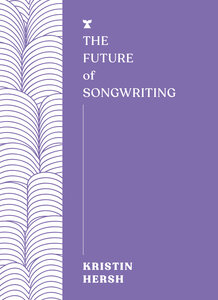
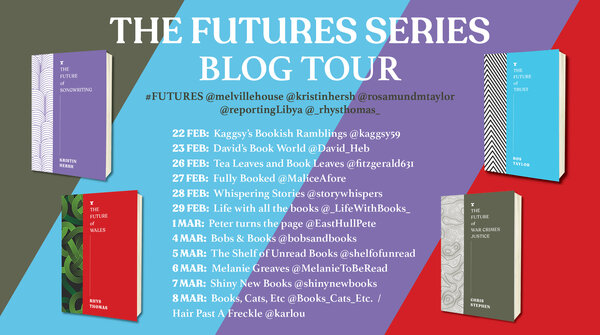
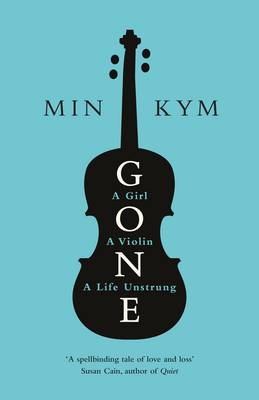
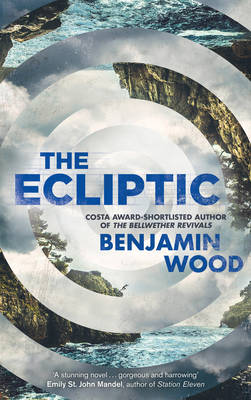
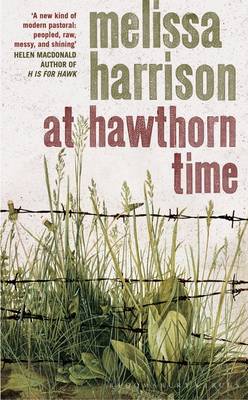
Recent Comments